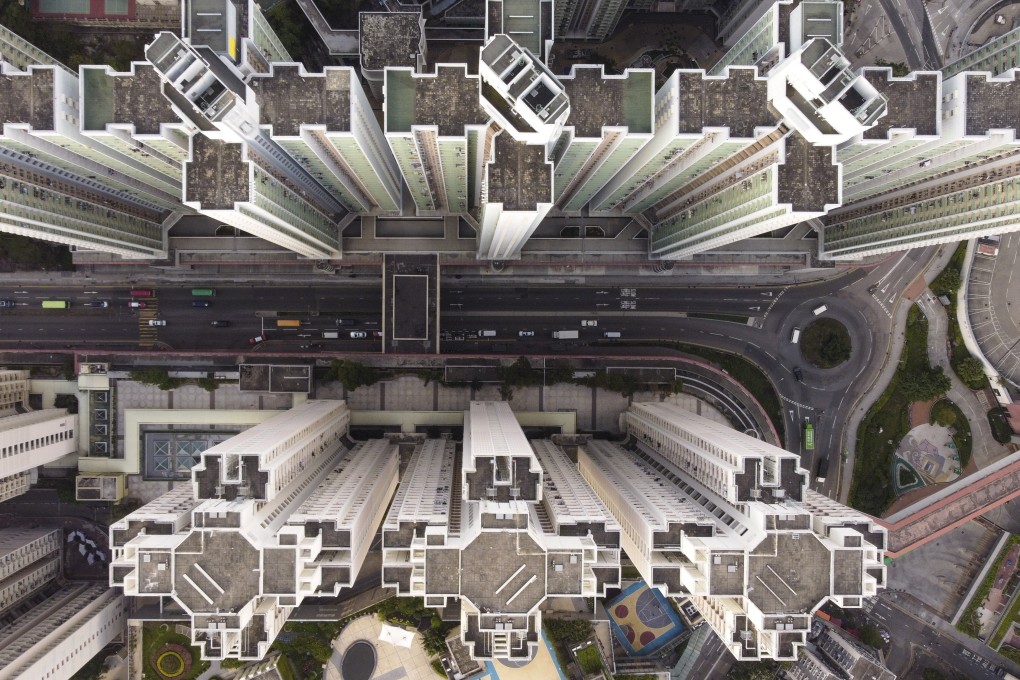Hong Kong’s secondary home prices fall by the most in 14 months in October as banks turn cautious on valuations
- Lived-in home prices fell 0.86 per cent in October, the most since August 2020
- The Centa Valuation Index, which tracks major banks’ valuations in 133 housing estates, fell to 29.89 points last week, the lowest since it hit 18.88 in March last year

Hong Kong’s lived-in home prices dropped by the most in 14 months in October after peaking in August, with buying sentiment cooling as banks become more cautious in valuating property.
Prices fell 0.85 per cent to 394.8 last month, according to an index published by the Rating and Valuation Department on Friday.
It was the sharpest drop since August 2020 when it retreated by 0.88 per cent, according to property consultancy Knight Frank. It was the second consecutive monthly decline since the index hit an all-time high in August, according to the government’s latest revised data.
“The October data reflects the situation before [Carrie Lam’s] Policy Address as buyers adopted a wait-and-see attitude,” said Martin Wong, head of research and consultancy in Greater China at Knight Frank.
He said buyers were shifting their focus to new homes as developers continue to offer discounts and flexible financial plans to drum up sales.